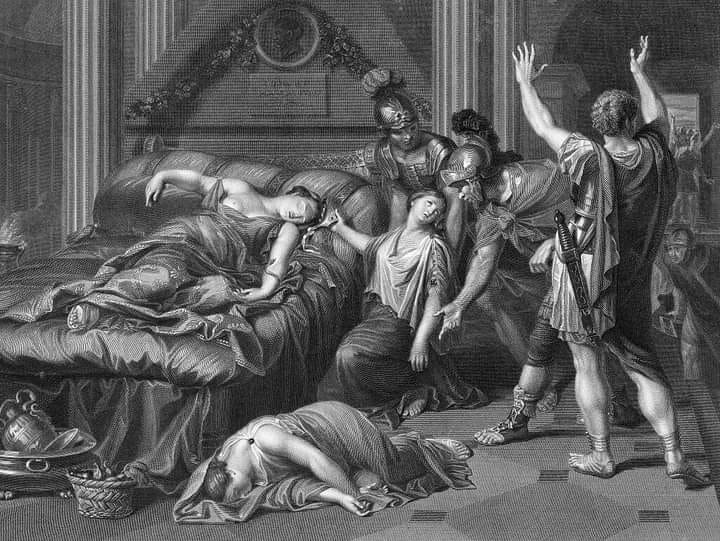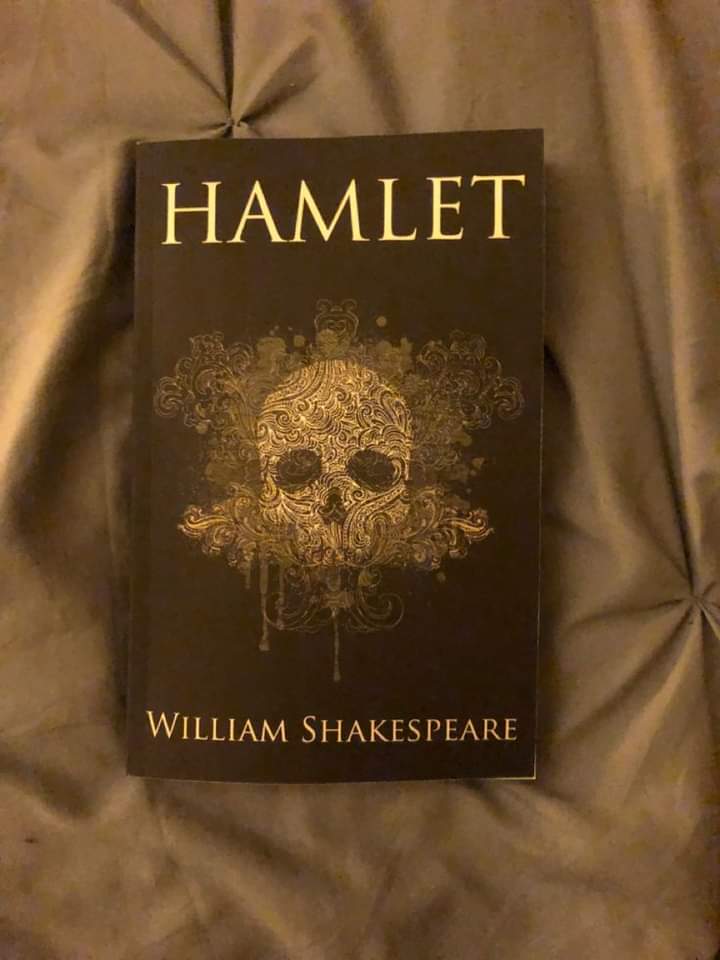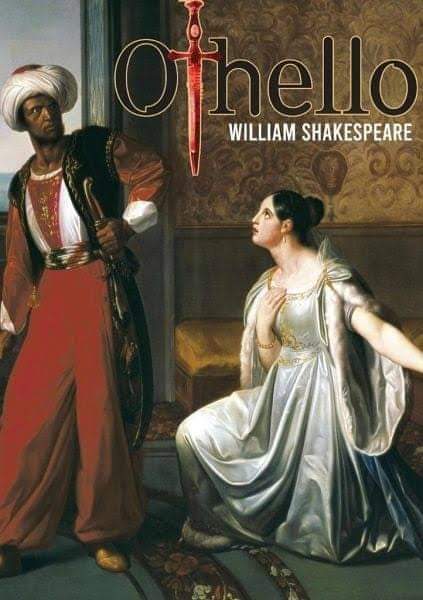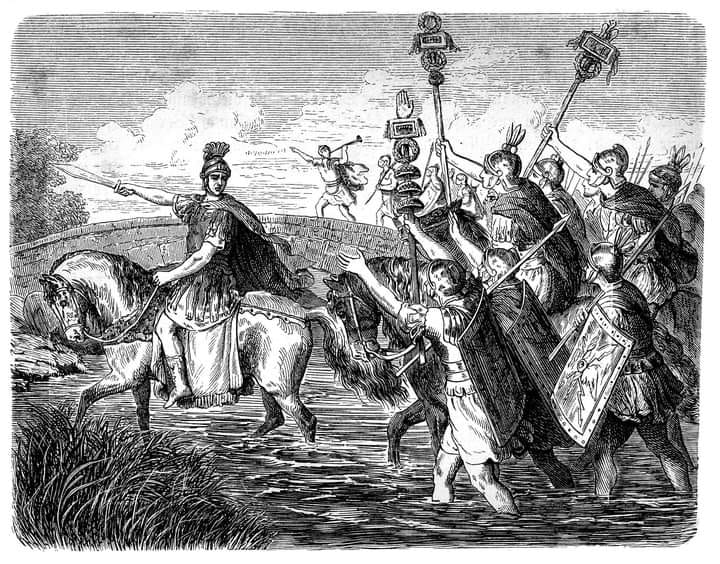As a literature lover, the significance of Shakespeare’s tragedies lies in their unparalleled ability to probe the depths of human experience and emotion. These works are not only masterpieces of dramatic storytelling but also profound explorations of the human psyche, moral dilemmas, and existential questions.

Shakespeare’s tragedies are regarded in Western literature for their comprehensive exploration of human nature and the complex moral and existential issues that shape the human experience. They are profound explorations of power, ambition, love, and humanity’s fatal weaknesses. Each play’s setting and cast of people reflect humanity’s most complex inner workings—desires, fears, and the hazy boundary between good and evil.
Shakespeare’s genius resides in his ability to reconcile fate with free will, which philosophers have struggled with for a long time. through his characters he demonstrates that while the stars may guide us, our actions determine our destiny. In his tragedies, the hero struggle with their internal and external conflicts in worlds where the supernatural elements often blend with the human, obscuring reality and fate.
Shakespeare offers audiences of all ages and cultures. His plays reflect inner surface through soliloquies that explore his characters’ souls and his sophisticated narrative structures intertwine many meanings. These plays inspire reflection on one’s acts and their timeless question of human nature.
Shakespeare’s tragedies are essential in literature for their artistic brilliance and profound exploration of the human condition. Shakespeare’s characters and ideas are timeless and universal, inviting us to contemplate life’s moral and existential issues and confront our darkest fears and brightest hopes in our own shadows and lights.
The Tragedie of Anthonie, and Cleopatra.

Indulge in the timeless masterpiece *Antony and Cleopatra* to unlock Shakespeare’s unparalleled portrayal of the dramatic clash between personal passions and political ambitions. This captivating tragedy vividly captures the tumultuous love story of Mark Antony and Cleopatra against the backdrop of a crumbling Roman Empire and a transforming Egyptian court. Shakespeare meticulously weaves a narrative that delves into the compelling allure of power and the profound impact of desire on leadership and loyalty.
Through its dynamic characters and intricate storyline, the play offers a captivating exploration of how individual choices can reshape destinies and challenge entire empires. Engaging with *Antony and Cleopatra* promises a profound insight into the interplay of affection and ambition, making it an essential read for those intrigued by human nature and historical drama.
The Tragedy of Hamlet, Prince of Denmark,

Make sure not to miss out on the chance to explore the unparalleled depth and complexity of Shakespeare’s *Hamlet*. This timeless masterpiece delves into the human psyche and existential dilemmas, offering a profound meditation on themes of madness, revenge, and the nature of existence. Through rich language, intricate plot, and philosophical underpinnings, the play allows readers to immerse themselves in the tortured mind of Prince Hamlet as he searches for justice and understanding amidst intense drama and tragic consequence. *Hamlet* not only provides insight into Elizabethan drama but also offers a timeless reflection on human frailty, making it an essential read for those seeking to comprehend the full spectrum of human emotion and thought.
The Tragedy of Macbeth

“Macbeth” is a captivating exploration of ambition’s destructive force and moral corruption. Through the tragic tale of Macbeth’s ambition and downfall, Shakespeare delves into the repercussions of unchecked ambition, moral compromise, and the psychological toll of guilt and paranoia. The play’s rich language and vivid imagery vividly bring to life the haunting atmosphere of Scotland’s cursed kingdom. Engaging with “Macbeth” provides invaluable insights into human motivation and the tragic consequences of moral failings, securing its place as an essential read in the literary canon.
The Tragedy of Othello, the Moor of Venice

If you enjoy literature, consider reading Macbeth. The play explores the consequences of personal ambition and moral compromise, and depicts the psychological unraveling that comes with guilt and paranoia. Through vivid language and imagery, Macbeth brings to life the haunting atmosphere of Scotland’s cursed kingdom. It is a compelling study in character and theme, offering valuable insights into human motivation and the tragic results of moral failings.
The play’s intricate characters, particularly Othello’s vulnerability and Iago’s sinister deceit, create a tense, emotionally charged drama that captivates and challenges readers. The exploration of themes such as identity, prejudice, and the complexities of human relationships makes *Othello* not just a thrilling read, but a profound reflection on the darker aspects of human nature.
His True Chronicle Historie of the life and death of King Lear and his three Daughters.

Diving into *King Lear* is not just a study session; it’s an essential journey into the heart of human complexity, power, and familial bonds. Shakespeare’s masterpiece isn’t merely a play; it’s a profound exploration of the human spirit in all its vulnerability. Imagine witnessing the tragic unraveling of King Lear, once an emblem of absolute power, now descending into a vortex of vulnerability and madness. It’s a story driven by his own grave misjudgments and the profound betrayal of those closest to him. This narrative isn’t just engaging; it’s a mirror reflecting humanity’s timeless flaws—our failure to recognize truth from deception, the catastrophic consequences of pride, and our often misguided notions of authority.
As you immerse yourself in the play’s rich emotional landscape and follow the devastating arcs of its characters, you’re not just studying; you’re engaging in a raw, unfiltered conversation with the essence of what it means to be human. *King Lear* doesn’t just invite you; it urges you to confront the brutal realities of human nature, the turmoil stirred by betrayal, and the poignant, sometimes painful, quest for redemption.
Julius ceaser

*Julius Caesar* is a must-read tragedy for its gripping examination of political intrigue and the moral complexities of power. Shakespeare’s portrayal of the assassination of Julius Caesar and its aftermath reveals the turbulent dynamics of leadership, ambition, and betrayal. The play not only delves into the motives of the conspirators, led by Brutus and Cassius, but also explores the devastating consequences of their actions on both the state and their personal lives.
Through its sharp dialogue and compelling characters, *Julius Caesar* invites readers to grapple with questions of honor, loyalty, and the cost of political idealism. The play’s exploration of the tension between personal conviction and public duty, combined with its dramatic portrayal of historical events, makes it an essential and thought-provoking study for anyone interested in the interplay of ethics and power.
Last Words
In conclusion, Shakespeare’s major tragedies, including *Hamlet*, *Macbeth*, *Othello*, *King Lear*, *Julius Caesar*, and *Antony and Cleopatra*, provide an unparalleled exploration of the human condition through their intricate character studies and profound thematic concerns. Each play delves deeply into the complexities of ambition, power, love, and betrayal, presenting timeless reflections on moral and existential dilemmas. From the existential anguish of *Hamlet* to the destructive ambition of *Macbeth*, and the tragic romance of *Antony and Cleopatra*, Shakespeare’s tragedies captivate with their rich language, psychological depth, and dramatic intensity.
They invite readers to confront the darker aspects of human nature and the often tragic consequences of personal choices and political actions. Engaging with these works not only enriches our understanding of classic literature, but also offers valuable insights into the universal struggles and triumphs that define the human experience.



